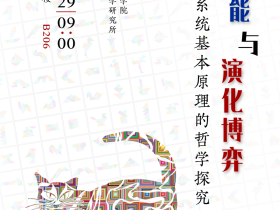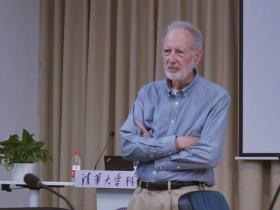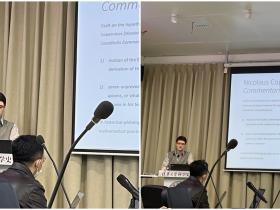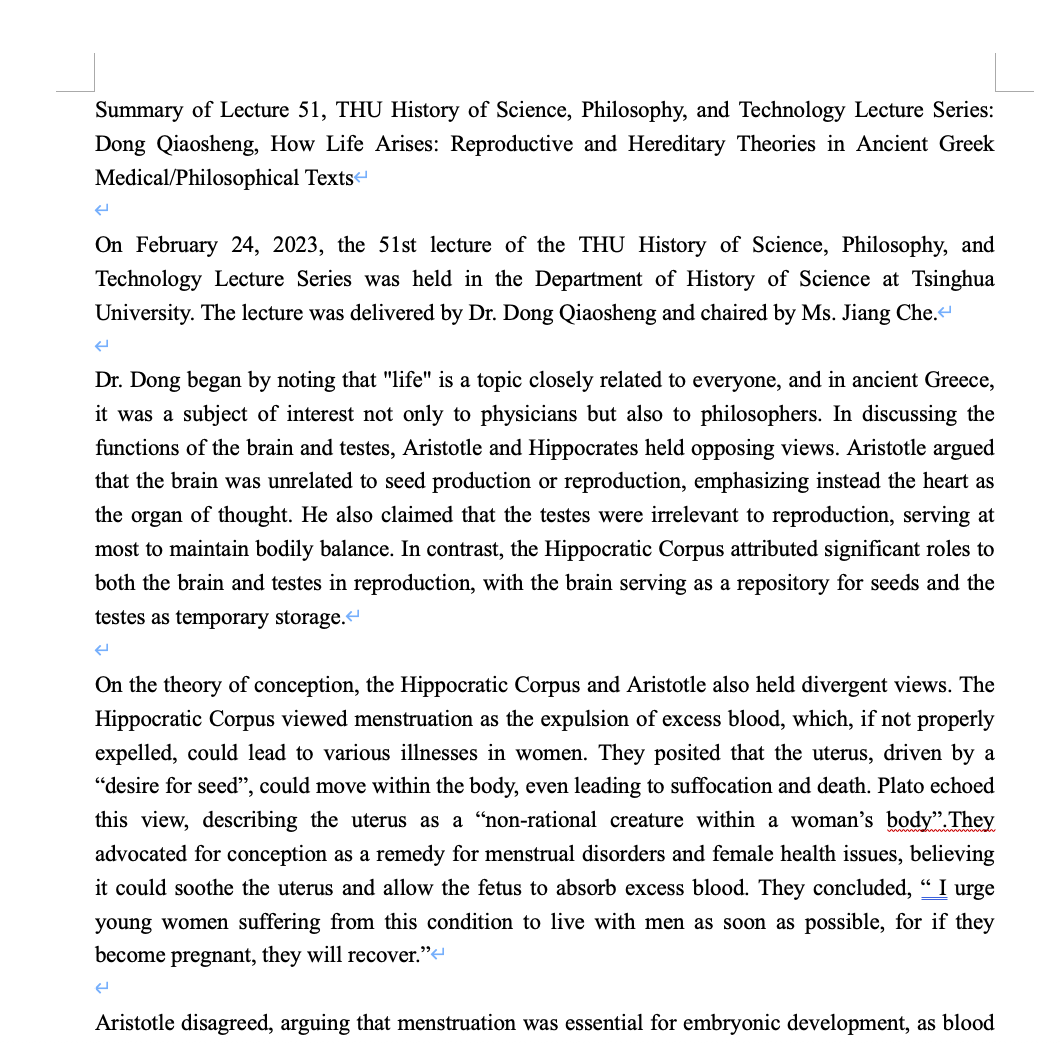On the morning of November 9, 2023, the Department of the History of Science at Tsinghua University held the 56th Tsinghua Lecture on the History of Science, Philosophy, and Technology in the department's auditorium. The lecture featured Associate Professor Mary Augusta Brazelton from the Department of History and Philosophy of Science at the University of Cambridge. Her presentation was titled “China in Global Health: Past and Present”, and it was chaired by Associate Professor Shen Yubin from the Department of the History of Science at Tsinghua University.
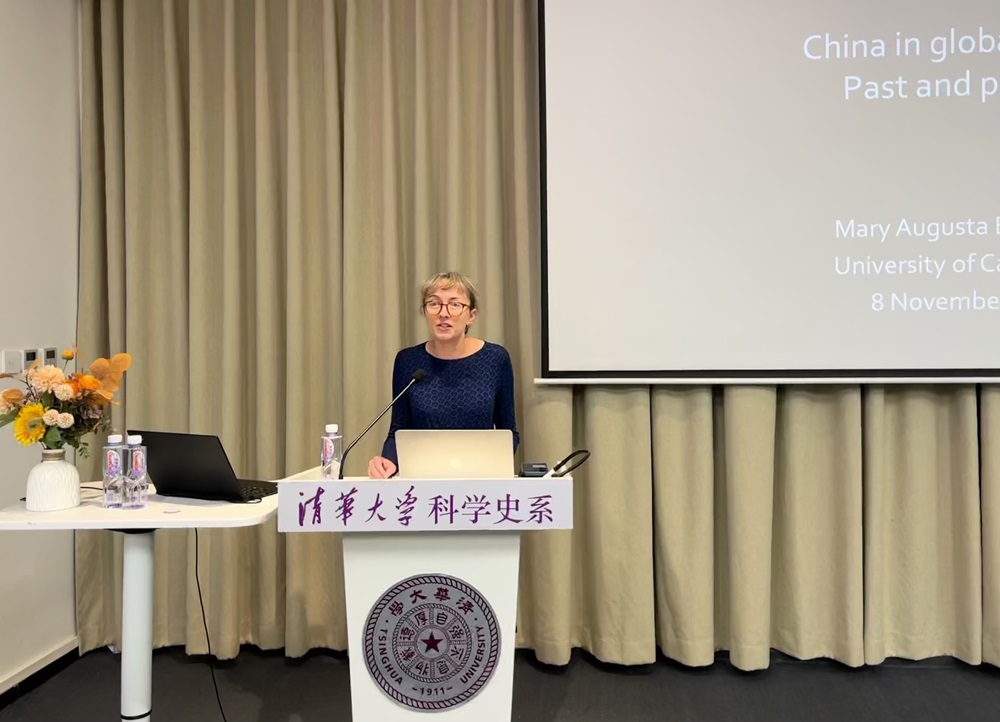
Before the lecture began, Associate Professor Shen Yubin introduced the speaker, Mary Augusta Brazelton. Dr. Brazelton holds a Ph.D. in History from Yale University and is currently an Associate Professor at the University of Cambridge. Her research focuses on the history of science, technology, and medicine in modern China and the global context, with numerous academic papers and monographs to her name.
Dr. Brazelton's lecture was based on her new book China in Global Health: Past and Present (Cambridge University Press, 2023). The lecture was divided into two main parts. The first part examined China's role in international health history from the late Qing dynasty to the establishment of the People's Republic of China (PRC). The second part explored the PRC's large-scale vaccination campaigns and its contributions to global public health as a model for international health interventions.
In the first part, Dr. Brazelton discussed two key examples to illustrate how China established its disease prevention and control system and participated in the development of international health organizations during the late Qing and early PRC periods. The first example was the plague prevention campaign in Northeast China in 1911, led by Dr. Wu Lien-Teh, a Cambridge-trained medical doctor. His effective use of Western medical methods laid the foundation for systematic public health work in China and continues to inspire contemporary epidemiological research. Additionally, Dr. Wu served as the chair of the first international medical conference held in China, demonstrating China's capability to host globally influential public health meetings. The second example was the establishment of the National Epidemic Prevention Bureau, known as the Central Epidemic Prevention Office(zhongyangfangyichu) , in Beijing in 1931. This institution became a model for centralized experts for prevention and control practice in early 20th-century China. During the Anti-Japanese War, the Central Epidemic Prevention Office relocated to Kunming, where it played a crucial role in disease surveys in Yunnan, the development of new vaccines, and collaborative research with international experts.
In the second part, Dr. Brazelton discussed the PRC's large-scale vaccination campaigns and its involvement in global health through medical diplomacy. After the establishment of the PRC, China did not withdraw from global health affairs but instead launched extensive national health initiatives, such as the Patriotic Health Campaign and vaccination programs. Dr. Brazelton used the promotion of the Bacillus Calmette-Guérin (BCG) vaccine in Southwest China as a case study, presenting numerous primary sources to demonstrate the success of the vaccination campaign. Within a short period, Yunnan Province achieved a high vaccination rate for various diseases, providing valuable experience for global public health efforts to control infectious diseases.
In parallel with its domestic achievements in disease prevention, China began engaging in global health through various forms of medical diplomacy, including medical education, medical teams, and the construction of laboratories and hospitals in African countries such as Tanzania and Nigeria. The World Health Organization (WHO) began to take notice of China's success in controlling and eliminating infectious diseases like cholera and smallpox in the 1950s and 1960s. By the 1960s, other international organizations also recognized China's contributions to global health, including its assistance to African countries in controlling and eliminating epidemics such as smallpox. According to the WHO's definition, China's approach to public health provided a more effective model for global health governance. Dr. Brazelton concluded that China's basic health management model became a global model by the end of the 20th century.
At the end of the lecture, Dr. Brazelton engaged in a lively discussion with the audience, addressing questions about vaccination, the role of Chinese doctors in global health governance, and the contribution of traditional Chinese medicine to global public health.
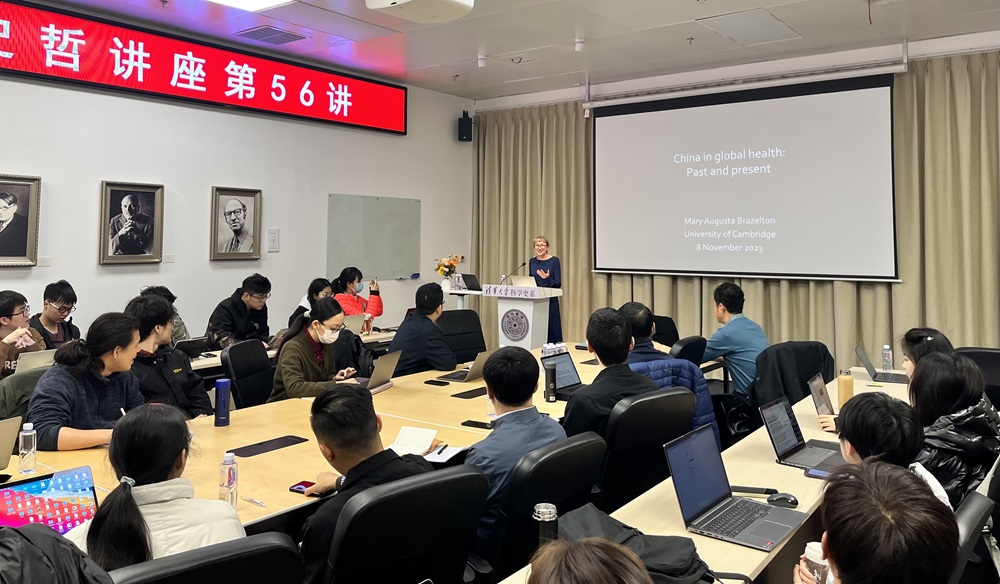
After the lecture, Professor Guosheng Wu, Director of the Department of the History of Science at Tsinghua University and Director of the Tsinghua University Science Museum, presented Dr. Brazelton with gifts from the Department of the History of Science and the Tsinghua University Science Museum.
Written by He Xiaoao
Reviewed by Shen Yubin


